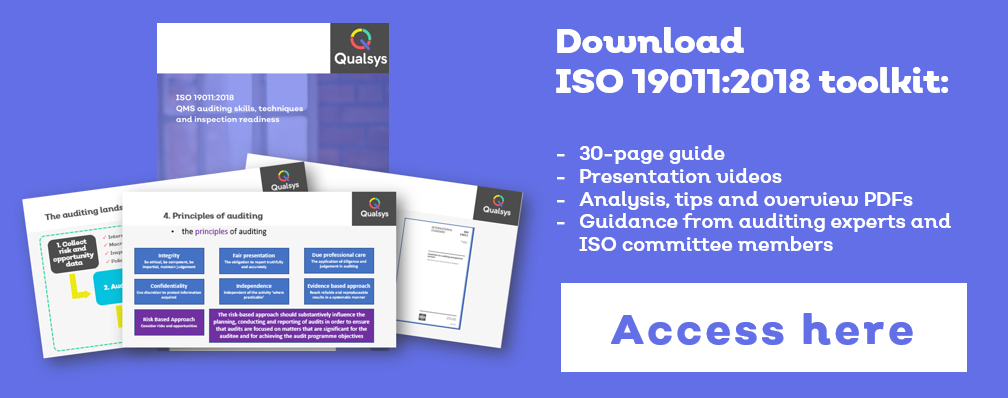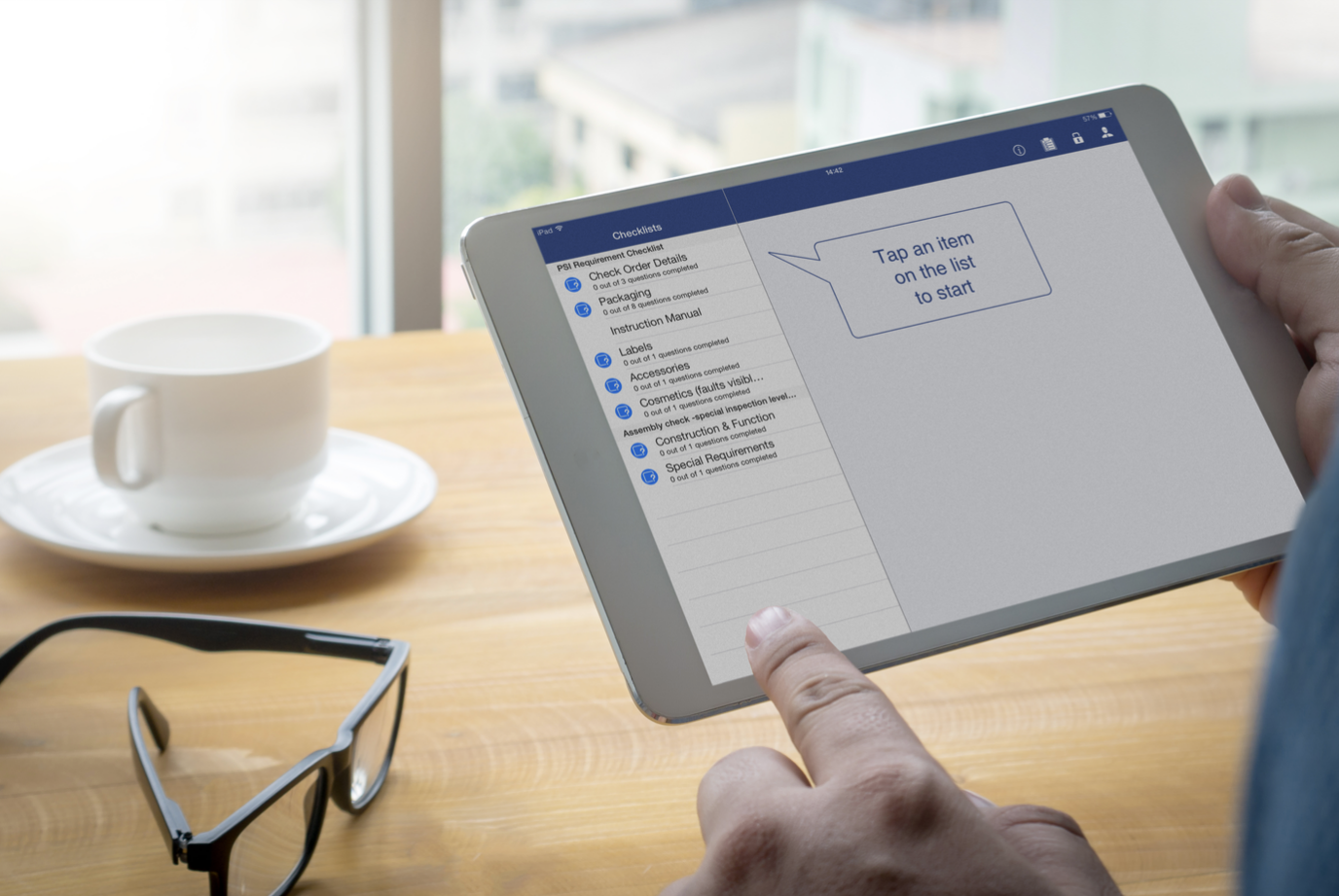Want to contribute to this article?
Imagine a world in which people love being audited.
Leadership request more management reviews. Management follow up the actions requested. Everyone knows the purpose and value of being audited, and it's something which drives improvements for employees across the organisation.
That would be nice.
In reality, every auditor knows their reputation: an auditor who is apathetic, unyielding, and interrupting you in your daily life. Employees dread the invitation to an internal audit. However, by grasping the following skills, you can help change these stereotypes and bring a more human approach to auditing.

7 auditing skills to progress
1. Use all your senses
At the CQI Yorkshire ISO 19011:2018 conference, Kate Armitage Head of Quality Assurance at Qualsys, advised you shouldn't always take everything at face value. As an internal auditor, you must navigate complex social cultures and hierarchical structures. You need to use your gut feeling if something doesn't feel right - what people say is not always what they mean.
Kate advised:
- Keep your eyes open
- Keep you ears open
- Follow your nose
More here: quality.eqms.co.uk/iso-19011-2018-cqi-yorkshire-slides-materials
2. Embrace technology
As we enter the 4th Industrial Revolution, often dubbed industry 4.0, we know that no job can flourish without embracing technologies. Technical skills are key.
Auditors must be creative at acquiring data from a range of sources, pulling this through into a single source of truth, and understanding the trends.
ISO 19011, Business Intelligence and audit program management software information here
3. Research
There is nothing more embarrassing than not having the right data and information.
Internal auditors need to be constantly updating their knowledge, approaches and evaluation methods. How?
Through research.
Kate Armitage said: "If you ask the same questions in the same ways, you'll get the same responses. Internal auditors should be systematically doing SWOT analysis for each area of the business to use a risk-based approach to auditing.
I calendar block time in my diary to do research before every single audit. This ensures there is a fresh perspective each time."
4. Work ethic
Internal auditors often need to deal with complex issues which cannot be resolved in a day. You need to be good at diffusing conflict, handling frustration, and mentoring others. This takes time, energy and commitment. Internal auditors need to be tenacious to get the results they want.
5. Empathy
As important as having the personal drive to see a project through is the ability to emphathise with other people who may be resistant to change. Being able to see their side of the story - whether it's deliberately not complying or their attitude towards their roles, is a key skill in being able to change behaviour and motivate others.
6. Marketing skills
How do you get the most out of other people? You tell them what's in it for them.
Many auditors schedule audits in their diaries without rallying the troops and without letting them know how they are going to benefit.
Before any audit, establish a rapport with the person beforehand, detail three ways they'll benefit from an audit (their ideas / challenges / opinions / wanted), and relate it to something going on in the wider industry.
7. Communication
Healthy conflict between departments is a good thing and something to be promoted. It's the people who say nothing we should be more aware of.
As well as jargon and body language, we let emotions and bias influence our conversations.
Many internal auditors complain that their audit findings haven't been resolved. Think about how the audit findings have been communicated - has it gone to the right person? Have they understood? Was the tone right?
Audit reports need to be sign posted with key calls to action - don't let your core message be lost!
We don't come to this game with a very good reputation. But quality is the most important competitive weapon we have. Quality managers need to be playing a much wider role to meet the challenges of the business. It is the role of quality to decide how to improve maturity.
John Oakland, Oakland Consulting
What to do now:
ISO 19011:2018 provides a framework for management system auditing.
Whether you're an audit program manager or an auditor, get to grips with the core principles, requirements and implementation tips by downloading our ISO 19011:2018 toolkit: quality.eqms.co.uk/iso-19011-event-materials.
Alternatively, if you're an auditor who wants to upgrade your communication, engagement and analytical tools - watch how you can use EQMS by Qualsys here: www.youtube.com/watch?v=N0YFMbFQieU&feature=youtu.be or read about the software on our website: hqualsys.co.uk/grc-solutions/iso-systems-software-standards-compliance/iso-19011.








Share your thoughts on this article